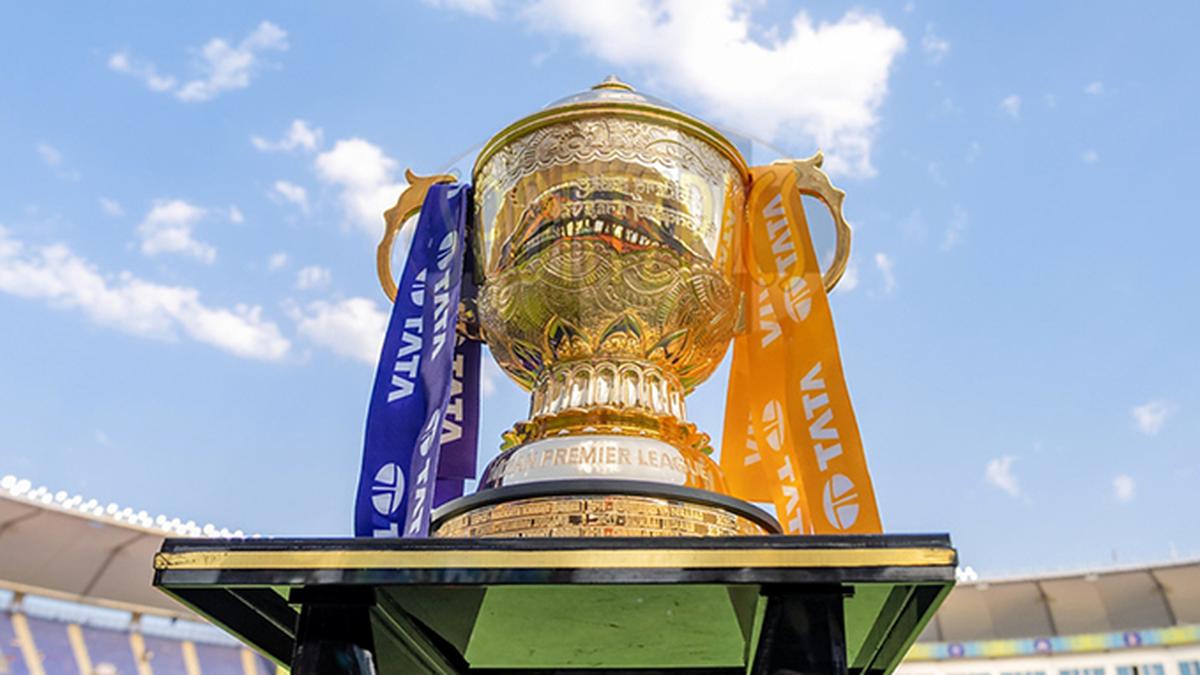The 2025 edition of the Indian Premier League (IPL), the world’s second most viewed and largest valued cricket tournament, is on an unscheduled break. Following increased geopolitical tensions between India and Pakistan, the IPL Governing Council announced a one week suspension of the tournament. The suspension is intended to be temporary, however, it reverberated globally across the cricketing world, and led to serious concerns about the immediate future of this year’s IPL.
Why Did They Suspend The IPL?
The BCCI’s official statement indicated that the suspension had followed a considerable amount of consultation with interested parties such as franchises, broadcasters, sponsors and government representatives in relation to the, concerns and sentiments of the players and a desire to act in the collective interest of all stakeholders.
The announcement comes at a volatile time in the subcontinent, as India’s bilateral relations with Pakistan have deteriorated substantially in recent weeks and security and logistics or operational issues have intensified across major sporting events. With player, spectator, and staff safety at the top of the hierarchy of priorities, the IPL posed some threats to these peoples’ safety, and as a consequence had little choice but to suspend the operation, even if it is just temporary.
The IPL has 12 final group stage fixtures yet to be completed before the four playoff fixtures. These fixtures, and tournament, are important not just as competition but also commercially important.
BCCI’s Dilemma: Safety vs. Continuation
The BCCI faces a complicated situation in regard to whether to continue with the tournament or to consider the safety and logistical concerns. There were apparently a number of franchises that pushed for the suspension they expected wellbeing and safety of a player would be compromised.
An IPL spokesperson explained:
“The decision was taken by the IPL Governing Council after due consultation with all key stakeholders following the representations from most of the franchisees… While the BCCI reposes full faith in the strength and preparedness of our armed forces, the board thought it prudent to act in the collective interest of all stakeholders.”
In a cricket mad country like India, they did not take the suspension lightly. The IPL is much more than a sports tournament, and is a cultural, economic powerhouse, and a global brand.
England’s Offer: A Glimmer of Hope?
In an astonishing turn of events, England appears to have detemined to host the rest of the IPL if the BCCI reaches out to the Board of England Cricket for help. While no formal offer has yet been extended, cricket authorities in England say they won’t say no to the offer if the situation deteriorates in India.
That said, there are many hurdles to overcome. England is already in its domestic season and despite no county cricket, there is a full international schedule for England. There are logistical hurdles for stadiums, weather and coordinating. That being said there is a precedent for overseas hosts successfully hosting IPL games. The UAE hosted the IPL, in both 2020 and in part, in 2021 amid Covid.
Relocating the tournament internationally may be one way to finish the season while preserving the safety of the players and fans. But there is also the consideration of fairness as teams construct their franchise for local conditions, engaging fans and being familiar with logistics.
The PSL Effect: Prolonged Ongoing Affecting Cricket Across Borders
The Pakistan Super League (PSL) has also felt the impact of the ongoing crisis. The league announced it indefinitely presuspended the rest of the matches, foregoing a plan to complete the season in the UAE. With an interrupted IPL and PSL, the unrest between the two neighboring countries is further disrupting cricket operations in South Asia.
It is important to consider the impact of larger events, here, on cricket, on politics and diplomacy. In India and Pakistan, cricket has been and can be used as a diplomatic bridge across the countries. However, when relations worsen, cricket, is often one of the first institutions to be disrupted or damaged.
What’s Next?
Over the next few days, the BCCI will engage in a round of high-level talks with the Indian government, franchise owners, broadcasters, and potential international partners in an effort to find a safe and viable pathway for the IPL 2025 season to be completed without compromising the integrity of the tournament in any way.
Evidently, a number of different options are being studied:
– Completing the tournament in a neutral country, such as England or the UAE.
– Condensing the time for completing the tournament, so that more matches can be played closely together.
– Cancelling the rest of the season altogether, which they would obviously consider a last resort given all of the financial and contractual arrangements.
As fans and players continue to wait and see what will happen, the suspension offers a stark reminder that even the greatest sporting competitions can be interrupted by forces outside of the boundary line.
Final Thoughts
The IPL has dealt with innumerable bumps along the road—player controversies, scheduling challenges, pandemic disruptions—this one is unique in its geopolitical context. However this tournament plays out—whether games get played in India, the tournament may be relocated somewhere else, or the tournament may become be delayed further—what happened this week will surely impact how cricket boards and governing bodies plan and deal with tournaments and matches in politically sensitive situations going forward.

